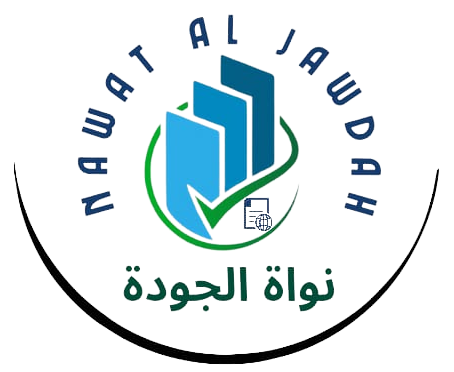Six Sigma Certification
Six Sigma Certification is a crucial accreditation for organizations aiming to enhance their operational efficiency and product quality while minimizing defects. This certification embodies a data-driven methodology that employs statistical tools and principles to improve processes, ensuring consistency and reliability. Six Sigma Certification not only bolsters a company’s competitive advantage but also builds a strong foundation for continuous improvement across all levels of the organization.
Industries Six Sigma Certification Covers
Six Sigma Certification is relevant across a multitude of sectors, including:
- Manufacturing: Streamlines production processes to reduce waste and enhance quality.
- Healthcare: Optimizes patient care processes by minimizing errors and improving service delivery.
- Finance: Improves transaction accuracy and operational efficiency in financial services.
- Information Technology: Enhances software development and IT services through systematic improvements.
- Supply Chain: Refines logistics and inventory management for better operational flow.
- Education: Improves administrative processes and learning outcomes in educational institutions.
Benefits of Six Sigma Certification
- Improved Efficiency: Streamlines processes to achieve higher productivity and reduced costs.
- Enhanced Quality: Reduces defects and variability in products and services, leading to better customer satisfaction.
- Data-Driven Decision Making: Empowers organizations to make informed decisions based on statistical analysis.
- Increased Profitability: Drives cost savings and increase revenue through improved process performance.
- Employee Engagement: Fosters a culture of collaboration and continuous improvement among staff.
- Global Recognition: Establishes credibility and trust in quality standards across international markets.
Key Features of Six Sigma Certification
- Comprehensive Training: Covers methodologies such as DMAIC (Define, Measure, Analyze, Improve, Control) and DMADV (Define, Measure, Analyze, Design, Verify).
- Rigorous Assessment: Involves comprehensive assessments and project completions to validate expertise.
- Industry-Specific Applications: Tailors Six Sigma tools and techniques to meet the unique needs of various sectors.
- Sustainability Focus: Encourages practices that sustain improvements and promote long-term growth.
- Continuous Improvement Culture: This instills a mindset of perpetual enhancement within the organization.
Achieving Six Sigma Certification is a strategic move for businesses looking to improve their service delivery and product quality. By adopting this certification, organizations can ensure operational excellence, foster customer loyalty, and pave the way for sustainable growth in an increasingly competitive marketplace.





Reviews
There are no reviews yet.